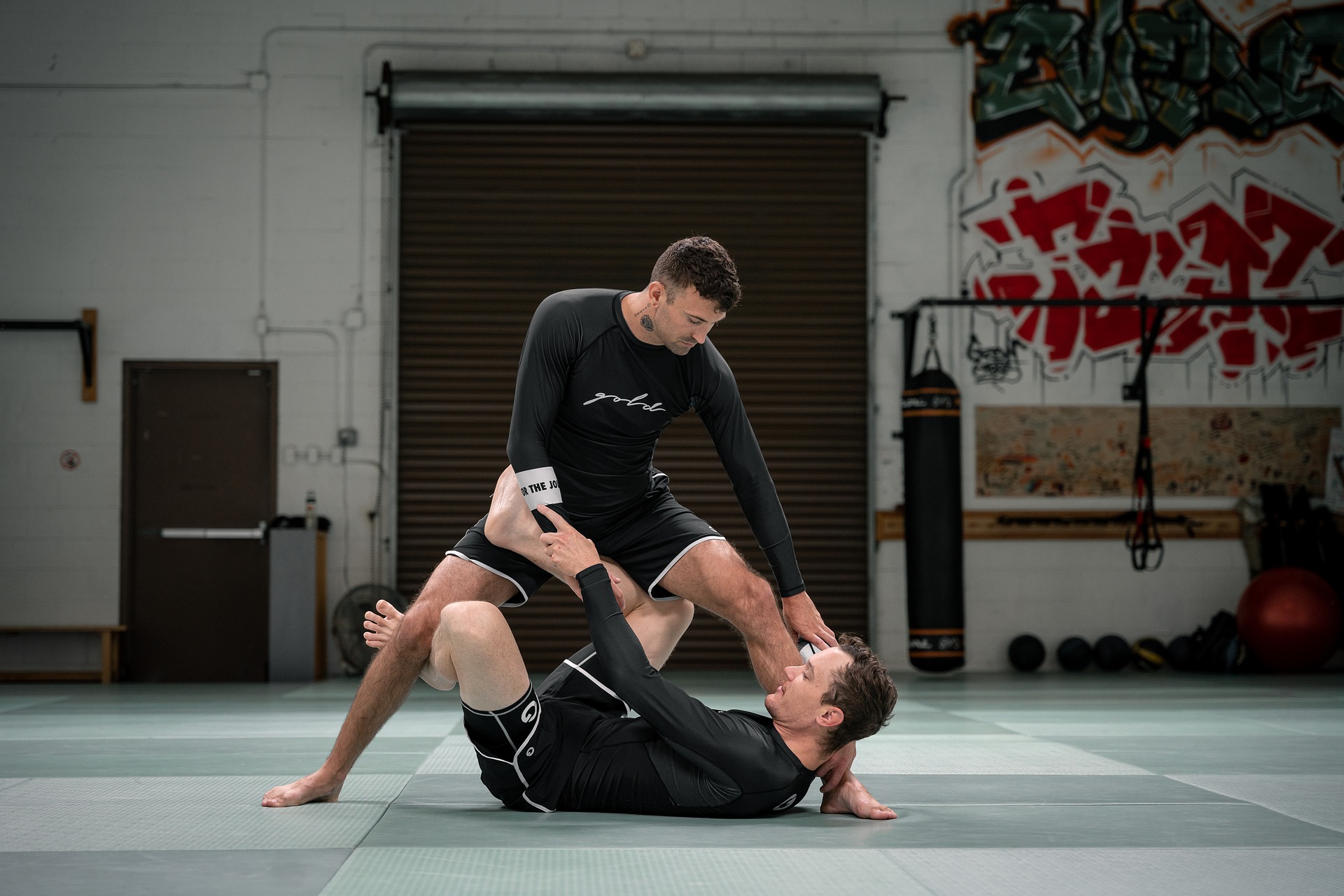Biohacking Beauty: Leveraging Science to Amplify Fitness and Well-being
The term "biohacking" was first coined in the late 1980s, within the subculture of DIY biology enthusiasts. Initially, it was associated with a desire to manipulate genetics and understand the human body at a molecular level. As the concept evolved, it began to encompass various practices aimed at enhancing physical and cognitive performance. In its current iteration, biohacking is a broad term describing a self-improvement philosophy that uses scientific knowledge and technology to optimize health, well-being, and performance.

Current Trends in Biohacking: An Expert Outlook
Biohacking has emerged as a powerful trend in the beauty and fitness industry, with more people turning to scientific knowledge and cutting-edge technology to enhance their appearance and performance. According to experts, the rising popularity of biohacking can be attributed to increasing health consciousness, advancements in technology, and growing awareness about the potential of the human body.
One of the most popular trends in biohacking is the use of wearable technology to track and analyze various physiological parameters. From sleep trackers to heart rate monitors, these devices provide real-time data on an individual’s health and fitness, enabling them to make informed decisions about their lifestyle.
Another emerging trend is the use of nutrigenomics, the study of how our diet influences our genes. By understanding how certain foods affect our genetic expression, we can tailor our diets to optimize our health and fitness.
Biohacking in Beauty and Fitness: Impact and Relevance
Biohacking has had a profound impact on the beauty and fitness sector. By leveraging scientific knowledge and technology, individuals can take control of their health and appearance, leading to a more proactive and personalized approach to beauty and fitness.
For the beauty industry, biohacking can help individuals understand their skin at a cellular level. This could mean analyzing their genetic predisposition to certain skin conditions, or understanding how their lifestyle affects their skin health. With this information, they can create a personalized skin care routine, which could potentially include products formulated with their unique genetic profile in mind.
In the fitness sector, biohacking can help individuals optimize their workouts and recovery. By tracking physiological parameters such as heart rate variability, body temperature, and sleep quality, individuals can adjust their training and recovery strategies to maximize performance and minimize injury risk.
Evidence-Based Benefits of Biohacking
Biohacking can offer a myriad of benefits, many of which are supported by scientific evidence. For instance, a study published in the Journal of Applied Physiology found that heart rate variability tracking can help athletes optimize their training and recovery. Similarly, a study in the journal Nutrients found that nutrigenomics can help individuals tailor their diet to their genetic profile, potentially reducing the risk of chronic diseases.
However, it’s crucial to approach biohacking with a critical eye, as not all practices and products are backed by robust scientific evidence. Therefore, individuals interested in biohacking should consult with medical professionals and do thorough research before embarking on any new health or fitness regimen.
The Future of Biohacking in Beauty and Fitness
Biohacking presents an exciting frontier in the beauty and fitness industry, offering individuals the opportunity to leverage scientific knowledge and technology to optimize their health and performance. As technology advances and our understanding of the human body deepens, the potential of biohacking will only continue to grow. However, it’s crucial to approach biohacking responsibly, using evidence-based practices and consulting with medical professionals to ensure safety and efficacy.




